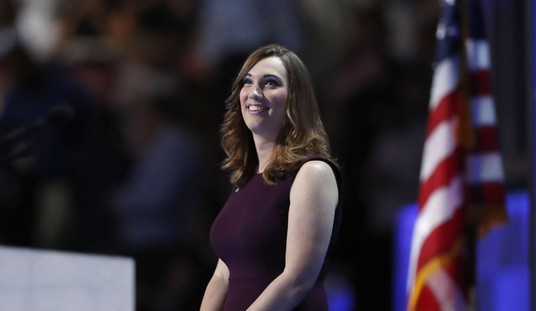Michael Steele now says he wanted a brokered Republican national convention. That a brokered convention was the point of his reforms of the GOP’s nomination process.
[D]uring his rocky tenure at RNC HQ, Steele pushed for and won significant changes in the rules for the party’s presidential nomination process and shaped this year’s turbulent race.
These reforms are now bedeviling front-runner Mitt Romney and the Republican establishment by preventing Romney from wrapping up the nomination and keeping him mired in a nasty fight for the support of the party’s hardcore base voters, an ugly and grinding tussle that is defining Romney (and the party) in a manner that’s not bolstering his fall prospects (or the GOP’s). Moreover, the rules Steele bequeathed the party could yield an outcome in which Romney finishes with the most delegates, but not an outright majority, necessitating a brokered convention.
“I wanted a brokered convention,” Steele tells me. “That was one of my goals.” Why in the world would a party chairman desire apparent turmoil? To create excitement and shake up the party, Steele explains. So far this year, he has indeed succeeded in one regard: The Republican race remains unsettled. And that’s unsettling many within the party’s upper ranks.
Not all of the RNC officials at the time craved such creative disorder. Steele, recalls Doug Heye, then the RNC’s communications director, “said in a few interviews that as a political junkie, he’d like to see a brokered convention, and I counseled him that the party chairman may not want to advocate for chaos at a convention he has to manage.” But, in what now seems a profound miscalculation, the Romney camp backed Steele’s reforms—and helped create the monster that now threatens him and the party.
Whether this is truth or revisionist history from Steele, it’s nuts. In at least one respect it’s almost surely not true. A brokered convention would have required a very strong hands-on chairman who could marshal a strong cadre of lieutenants to keep order, and Steele was not that. It’s definitely a symptom of Steele’s poor leadership and judgement. A party chairman’s job is not to create the conditions for party chaos. A chairman has three jobs: Money, manpower, and message. Steele might deserve a C or at best a B for manpower. He inherited a fairly corrupt mess of vendors and staff and cleaned that up, only to install a few cronies that brought their own messes. Money? An F — he left the party in debt and funders fleeing in droves. Message? If there was a grade worse than F Steele would deserve bags of it. He couldn’t stop stepping on the party’s message, at all, ever. He still can’t. Why is he even talking with Mother Jones? Because he wants to be seen as cool.
After his tenure, Steele just keeps stepping on the party’s message, in much the same way that Jimmy Carter can’t find a way to say or do anything positive for the nation that elected him, founding him wanting, and rejected him. Neither Carter nor Steele turned out to be suited for the trust that had been placed on them.









Join the conversation as a VIP Member